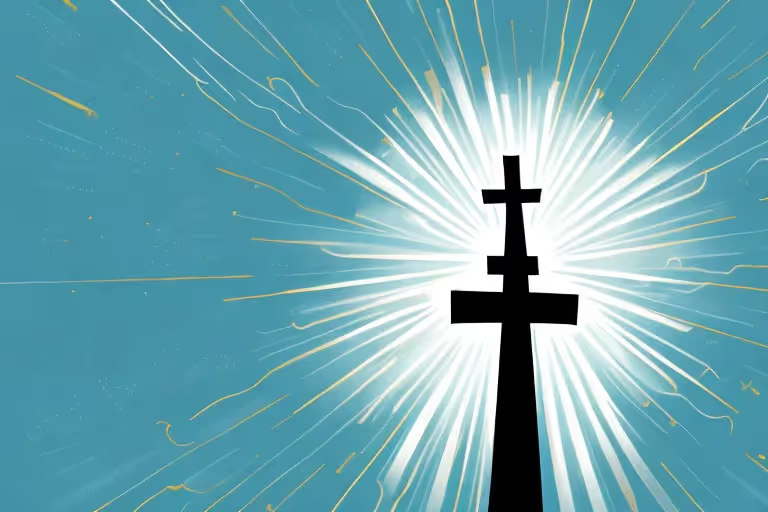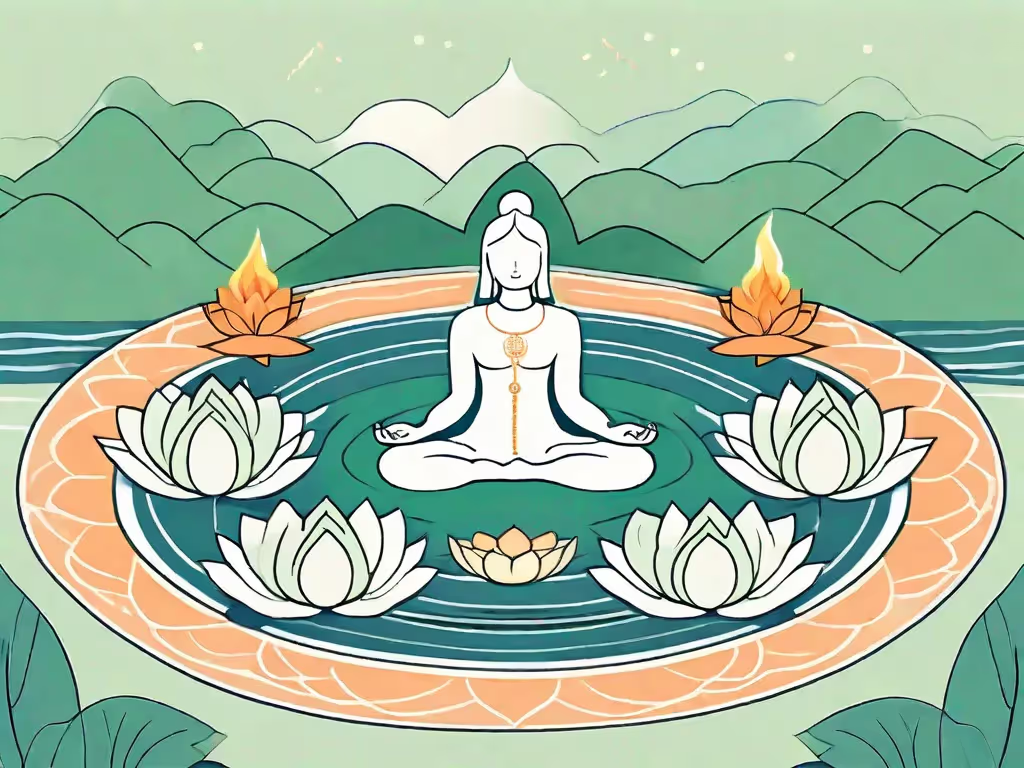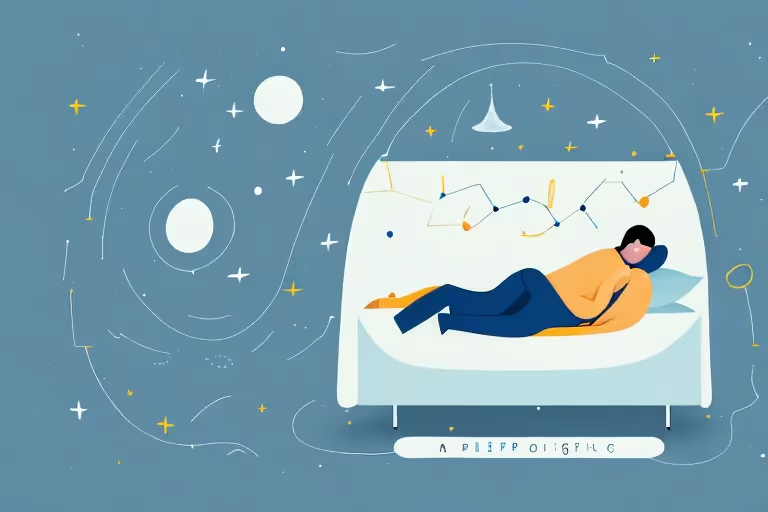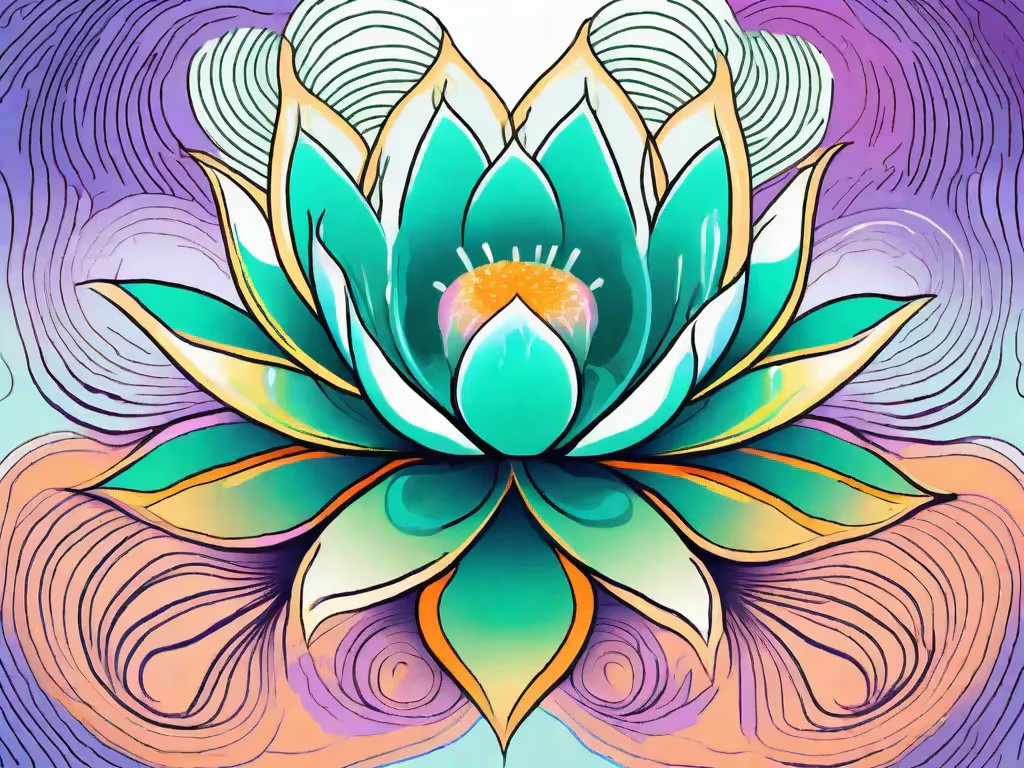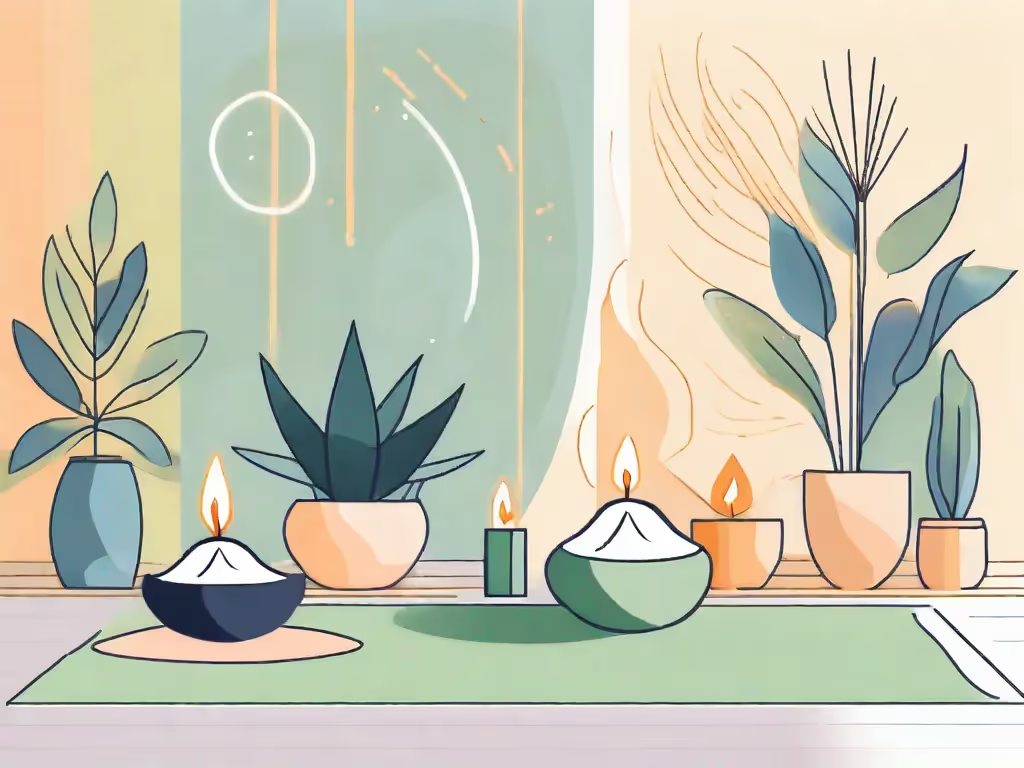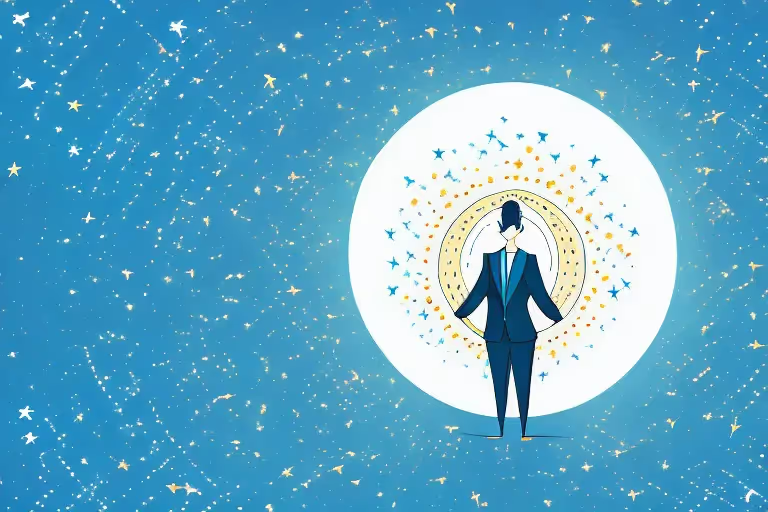Expressing gratitude changes the way we think. As you read these words, I invite you to imagine giving someone you love a card or present, writing them a letter, or simply sending an unexpected thank you. As you imagine this, notice what shifts in your mood or energy. The benefits of expressing gratitude and appreciation are multifaceted, and they serve the person offering as much as anyone on the receiving end.
If you are not feeling very grateful currently, starting small, with a personal gratitude inventory, is a way of reconnecting with the feeling of appreciation and helping you to better express grateful thoughts. You can start with a list of all you are grateful for, right down to the food you eat and the people you interact with. Spend the rest of the day today looking for reasons to be grateful for what you see, what you have, who you engage with, and all the comforts you feel daily.
"A grateful mind is a great mind which eventually attracts to itself great things." - Plato
A personal gratitude practice, such as a gratitude journal, can help you to express gratitude more freely. Gratitude journals do not have to be long and involved. Every night before you go to bed, you can simply try to think of three things you are grateful for. This practice helps you to see your life through a different lens, and it can help you to realize the value of appreciation.
When you think about the ripple effect of expressing gratitude and small acts of kindness, you quickly see how something as simple as a thank you note, a word of acknowledgment, a hug, or a sincere gesture of appreciation in the form of a gift can strengthen relationships. Not only that, it can help you mentally and physically. Expressing gratitude has been proven to reduce anxiety and depression and even, according to the Mayo Clinic, promote physical health.
Words of Gratitude
Gratitude Words beyond 'Thank You'
Why don't more people offer kind gestures and express gratitude? I remember a community project class that I taught in which a student came to me to report that it felt "awkward" to be kind to others. It might be the case that we often feel gratitude for someone but never express it for similar reasons.
In practice, however, it almost always leads to appreciation and mutual joy. If expressing gratitude feels awkward for you, or you are out of practice, below are a few words and phrases that can be used in thank you cards or notes:
"I appreciate you."
"I am thankful for you just as you are."
"I accept and love you fully and unconditionally."
"I want to acknowledge your support and positivity."
"I am forever grateful for your kindness."
"You brighten my day, and I wanted you to know that."
"I hope you realize how influential you've been in my life."
"I am so lucky to have a friend/family member like you."
"I always appreciate the way you take time to listen to me."
"I might not say it often, but you have been a mentor to me, and I appreciate it."
Modifying this language to show appreciation authentically will always have the most impact. If you'd like to test out the power of a simple gratitude practice, make a short list of five people you could thank and make it a point to share kind words with each of them over the next week.
How to Use Gratitude Words Effectively
There is power to specificity and sincere intent in gratitude practices, and there is a strong argument for practicing gratitude daily. So long as a compliment or sentiment is heartfelt, it will be appreciated.
"When we give cheerfully and accept gratefully, everyone is blessed."
- Maya Angelou
A friend texts everyone he loves every Saturday just to remind them how much he cares for and appreciates them. Imagine the impact of this, both on my friend’s mental well-being and on those who receive the thoughtful texts regularly.
Writing letters is another way to give the gift of gratitude to someone in a way that they will never forget. In our digital age, saying thanks in a written letter can be all the more impactful.
It will be well worth your time to get in the habit of smiling and acknowledging the people you work with and those you love. Imagine, for a moment, adding a smile and a "good to see you," or "thank you for being here today," to your morning routine and what a difference that could make in your relationships.
Showing Gratitude through Actions
Acts of Kindness as a Show of Gratitude
Acts of kindness that can express gratitude do not need to be monumental. Small gestures such as offering help when someone is not expecting it or calling unexpectedly just to say hello can be a small act of kindness. In our age of disconnection, a simple check-in with friends you haven't spoken to for a while can go a long way. You can also offer thoughtful gifts to loved ones or those you appreciate without waiting for a holiday or birthday. Engaging in unexpected kindness strengthens relationships and increases your feelings of positivity. A few more acts of kindness you can try are as follows:
- Leaving a co-worker a note that expresses why you enjoy working with them.
- Practice deep listening as someone speaks, and asking follow-up questions to provide full attention.
- Offering to help out, even when there is no payment or direct credit. Sometimes the best way to give is when you know there is no trade.
- Making someone a homemade meal or dessert is a beautiful way to show them you care.
- Dropping an encouraging note or small item, such as chocolates, in a neighbor's mailbox.
- Volunteering in your community to support others.
- Saying hello to a stranger and asking about their day.
- Offering a genuine compliment.
The trick to acts of kindness is to do them without expectation. This brings fulfillment and strengthens your emotional intelligence by building empathy.
Acceptance as a Form of Expressing Gratitude
Letting people know that you need their help, and accepting gifts that are given with grace, is what it means to be on the receiving end of love. To meet this with gratitude is just as important. Many of us are good at giving and less comfortable receiving, but thinking about how good it feels to give, we must be willing to give that same gift of giving to another. A heartfelt thank you or gesture of gratitude in the form of acknowledgment will never be forgotten.
Gratitude resources:
This meditation practice is designed to help you connect or reconnect to the power of gratitude and appreciation, and it can be a great place to begin.
Read more about Powerful Ways to Practice Gratitude in Your Daily Life.
At Aura, 97% of people find more calm in just three days, which speaks to the power of meditation and mindful practices. If you’re looking for more guidance, community support, and resources to support anxious thoughts, join me at Aura, the most holistic meditation app on the market, for 30 days free.



.webp)







.avif)

%20(1).avif)


.avif)
.avif)
.webp)


.avif)


















































































































.avif)

















.svg)
